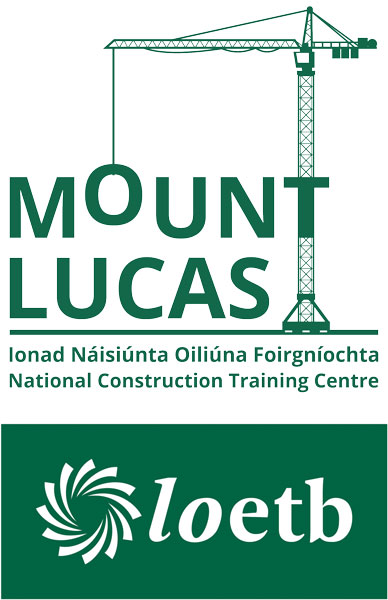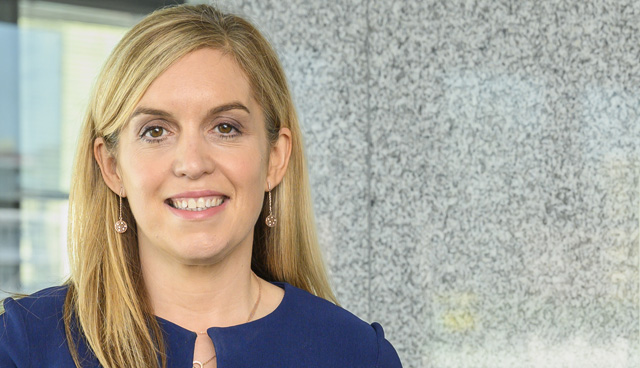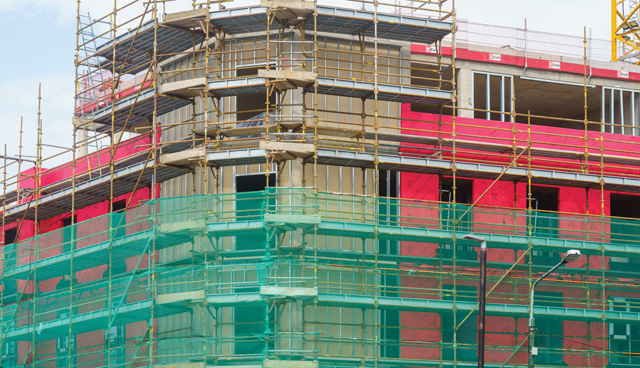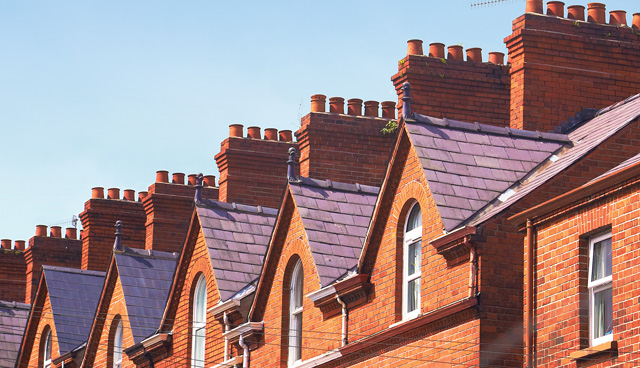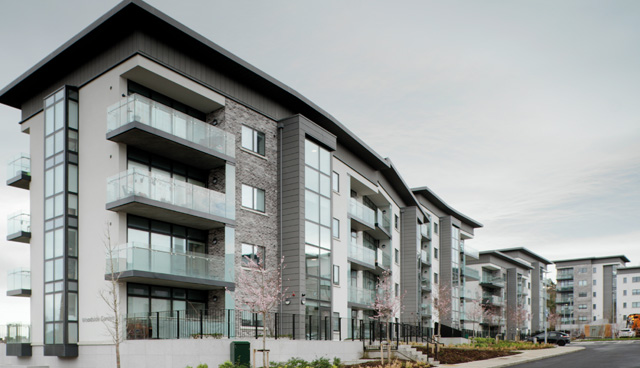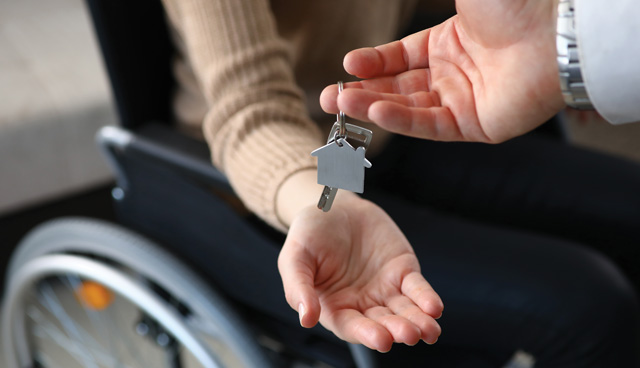
Good governance is key for AHB success
18th July 2023
Decarbonising residential heat: Housing and CAP23
18th July 2023LOETB: Providing construction skills with currency in existing and future labour markets
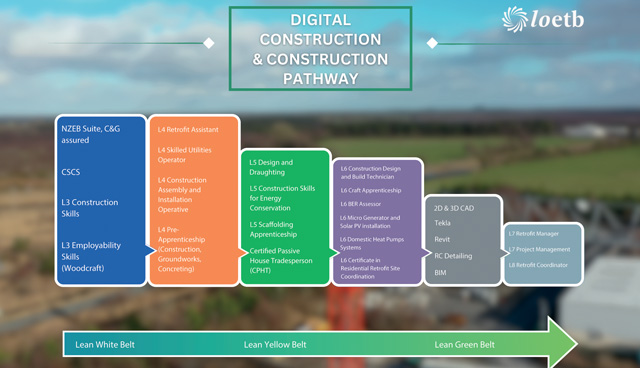
Skills shortages, rising material costs, and the need to embed the principles of sustainability and circularity into future built environment projects are prompting the construction sector to prioritise smart offsite manufacturing by leveraging modern methods of construction (MMC).
Modern methods of construction (MMC) describes an approach to constructing buildings using methods such as offsite manufacturing, modular construction panels or light steel framing, and structural insulated panels or cross-laminated timber.
Offsite manufacture minimises environmental impact and disruption onsite and products can be more easily tested to the relevant standards which significantly increases product improvements including sustainability and energy efficiency.
MMC
- MMC is an umbrella term for different types of construction which involves significant portions, or all, of the building being manufactured in a factory setting and joined together onsite.
- It encompasses modern construction technology and methodologies that improve productivity, particularly offsite construction.
- Can significantly reduce the time required to complete a construction project – vital in meeting the ambitious government targets in Project 2040 and Housing for All.
- Can improve safety and reduce waste.
In July 2022, Minister for Further and Higher Education, Research, Innovation and Science, Simon Harris TD announced plans for the new Demonstration Park for MMC at the National Construction Training Campus in Mount Lucas, County Offaly.
The project is being developed by a project management group that includes Laois and Offaly Education Training Board (LOETB), the Department of Housing, Local Government and Heritage, the Department of Further and Higher Education, Research, Innovation and Science, the Department of Enterprise, Trade and Employment, and SOLAS.
The park will be an accessible and interactive resource for MMC demonstration, applied research and training located at the Mount Lucas National Construction Training Campus. The objectives of the park include the provision of an accessible flagship location for MMC demonstration, and in so doing to facilitate the showcasing of innovative MMC products and systems particularly for the housing sector while facilitating the construction sector’s greater utilisation of MMC – a necessary transition if the Irish Government’s ambitious Housing for All targets are to be achieved.
Housing for All (action 23.9) calls for a culture of good quality sustainable innovation in residential construction through the development MMC, including the establishment of a demonstration park for MMC, and is led by Department of Enterprise, Trade and Employment (DETE) and Department of Housing, Local Government and Heritage (DHLGH).
MMC may give rise to a substantial shift of labour from onsite to offsite, which will be disruptive to the current onsite supply-chain and employment model. To maximise these new innovative and growing employment opportunities in MMC, LOETB is offering upskilling and reskilling opportunities to facilitate this labour market shift.
LOETB FET Service is developing pathways in each of its national and regional sectoral priority areas, that offer multiple modes of provision (full/part-time, micro-credentials) and provide a transparent and visible pathway through National Framework of Qualifications (NFQ) for learners that is based on a multiple entry/exit strategy. Thus, an individual can access training provision that corresponds to their current educational capacity and opt to gain accreditation that will facilitate progression to higher education or exit at any stage on that pathway once they have gained the competencies relevant to their skills need.
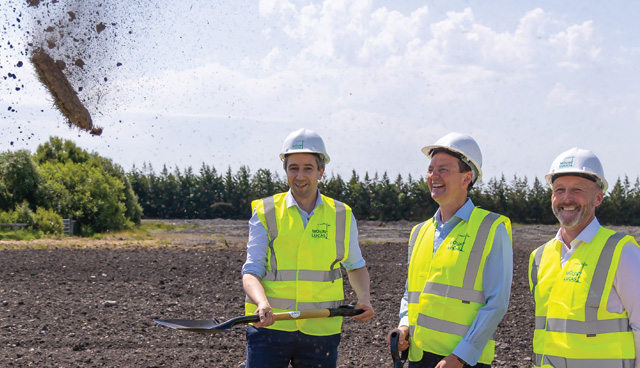
This Demonstration Park will facilitate the showcasing of innovative MMC products and systems, and in particular those that will directly impact our housing sector for the better.
LOETB has developed a pathway in MMC that offers foundation and progression skills for new entrants to the sector but starts by focussing on the integration of relevant digital and technology skills throughout the existing workforce. Programmes are flexible, bespoke to employer and employee needs, and provide modularised, stackable micro-credentials for participants, with a clear and agreed pathway to higher education provision. Thus, the duration of the programme correlates with the ambitions of the participant and their capacity to progress to the next level.
LOETB’s MMC provision focusses on:
- Awareness and general MMC knowledge: Introducing MMC: raise awareness and educate stakeholders about the benefits and potential of MMC. Training programmes and workshops that provide an overview of MMC, its benefits, and how it can be applied in different construction projects.
- Design and planning: MMC requires a different approach to design and planning, which may require upskilling for architects, engineers, and project managers. This training provides knowledge of, and competencies in, design and planning tools, software and systems that are specific to MMC projects, including building information modelling (BIM).
- Manufacturing and production: MMC usually relies on a prefabricated approach to building components, which requires different manufacturing and production methods compared to traditional construction techniques. This suite of programme focuses on manufacturing and production techniques specific to MMC, including the use of advanced materials, automation and robotics, and modular construction techniques.
- Installation and onsite assembly: While MMC components are generally prefabricated offsite, they still require onsite assembly, which requires a different set of skills and knowledge. Thus, this programme includes competency training in installation techniques, health and safety considerations, quality control and assurance, and project management and coordination.
- Maintenance and lifecycle management: MMC structures require maintenance and lifecycle management that differ from traditional construction techniques. Training in this area focuses on specific maintenance requirements for MMC structures, lifecycle management tools and techniques, and sustainability considerations.
The MMC pathway is incorporated into a broader construction pathway that incorporates LOETB’s prioritisation of retrofit and NZEB, digital construction and a tertiary approach to education that, through collaboration with the higher education sector, offers pathways to degree programmes.
W: www.mountlucas.ie

